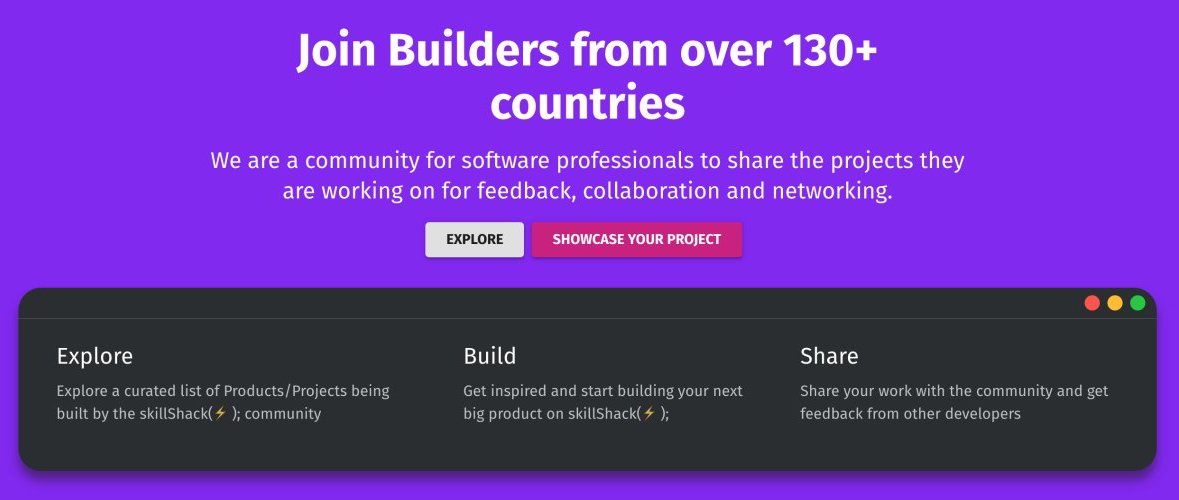
BLOG What Engineering colleges should learn/copy from Medical colleges
1
So here’s an interesting thought I had the other day.
Let’s compare Medical Colleges to Engineering ones (this article takes a look at the system as it is in India, but could apply to a lot of other places too).
But not in the way you think!
Medical Colleges
They’re always located near an actual hospital and the faculty/professors who teach you are practitioners. The students also end up working in various departments linked to their area of study and actually work hands-on with patients, and are supervised by their seniors/professors (again who work with patients on a day-to-day basis).
Engineering Colleges
These are almost always located in some remote part of the city. Away from most of the IT action. The only “hands-on” experience you get is probably in a lab, that mostly has outdated languages and little to no frameworks being taught.
In most places, the people teaching you have either no corporate experience or have been out of the industry for quite a while. Things end up being very theoretical and you lack a lot of exposure for a long time unless you take the matter into your own hands. A lot of people end up with a very impractical approach to software development and learning new technologies, as their focus is on mastering everything before trying it out and seeing how it can help solve their problems and why it does it best.
P.S if you find yourself stuck here, check out my blog on how to decide on what to learn and why here, or check out our stack recommendation tool.
One good thing in practice is Major/Mini projects where you work on a project of your choice and in theory, are supposed to apply your learnings.
While medicos end up practicing what they learn in almost the same year/semester. We wait for anywhere between 3 to 3 and a half years to actually try out our learnings.
Yes, internships exist, but they come down to individual awareness/initiative (not everyone has the resources to get into one, and quite a few get discouraged early on with rejections due to lack of skill).
The Pitch
Now just imagine, a college that’s linked to a software firm of any scale, and you’re allowed to intern there as part of your actual course progression. You learn about waterfall or agile, you try building a project with your friends following either. Yes, all this could be/should be done by an individual/group with interest, but if the entire batch was pushed to do this. (unlike internships which are up to you, and you should of course still do them)
Working in an actual corporate environment, where you must follow a workflow, maintain documentation, and be a team player, like the medicos are made to do from the start is in my opinion the best way to shape the engineers of tomorrow, who will probably require much less training once placed.
Another Pitch
Well, it is a fun thought, and it’ll probably take years before that happens!
But meanwhile, you can build projects and network to reap these benefits.
And if you are one such person or a group, then check out skillShack(⚡️); — A platform for you to do exactly those things:
Network
- Share your projects (get feedback on your code or your execution from our community)
- Document your progress
- Connect with other developers
- Collaborate, find opportunities, and more!
- You can have all your activities compiled into one amazing Resume that you can take anywhere, and certificates that commend you for - each project you have worked on!

Thanks for sticking till the end, have a productive day! Consider following me if you want to join me on my journey as I build and scale this company to reach more developers like you!
skillShack(⚡); is a community for software professionals looking to share the projects they are working on and get feedback. From side projects to startups!
Built with ❤️ by Sushrit Pasupuleti
Follow us on
Designed by Braggi Solutions © Braggi Solutions 2021 All right reserved